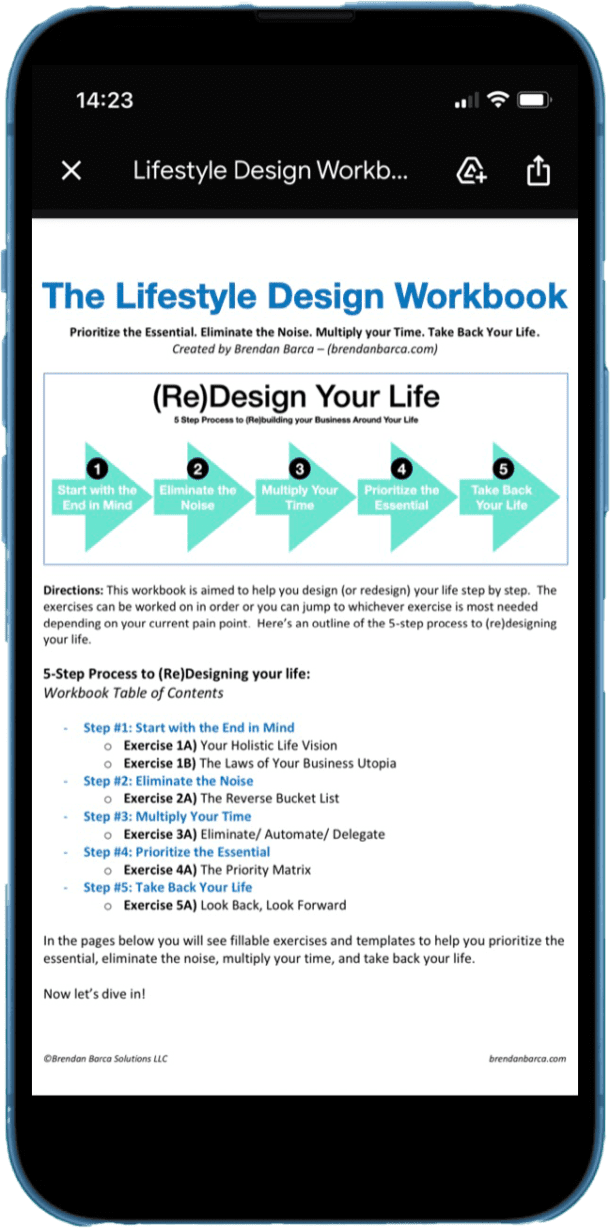(Originally Posted in 2019)
Throughout my life I have learned that mistakes are unavoidable. In high school soccer, I made an own goal to the chagrin of my teammates. In my first job I entered incorrect data into a proposal which screwed up a sales meeting.
In each of these instances, and in the countless others, I experienced a painful series of events because of that initial mistake.
The chain of events goes something like this:
Event #1: Make a mistake
Event #2: Someone gets mad at you due to the harm your mistake caused them
Event #3: You apologize
Event #4: You learn from your mistake
Event #5: You stay mad at yourself long after the mistake has been made
Last year, when I was in tech sales I made a mistake that caused this chain of events to unfold all over again. The events from that mistake broke down like this:
Event #1: Delivered a poor sales presentation
Event #2: CEO and manager got frustrated due to the potential business lost for the company
Event #3: I apologized for my bad performance
Event #4: I took notes from my manager on how to make my presentations better and implemented them
Event #5: I beat myself up unrelentingly for days after the screwup
A week after that botched sales presentation I had a moment to collect my thoughts at a Brooklyn coffee shop. I broke down the chain of events in my mind and realized something that would help me deal with all future mistakes.
I realized that Event #5 was completely unnecessary.
Sure, mistakes are inevitable and the way other people react to my mistakes is out of my control. But you know what is in my control?
How I react to it all.
After the mistake is made and the damage is done, I have a choice to either bury myself in self-hatred or to forgive myself.
For some reason, I used to rationalize that by staying mad at myself, I would somehow alleviate the pain of others involved. But this is not true. Staying mad at myself did not serve me or anyone else affected by my mistake. It only hurt me.
I made the decision in the coffee shop that day that going forward I would release the need to torture myself following a mistake.
Instead, after having learned from the mistake, I would release it.
The idea excited me but also seemed hard to put into practice. I thought a bit more and scanned the coffee shop for inspiration.
How can I remember to forgive myself the next time I make a mistake?
My eyes fell on a painting toward the back of the coffee shop. It was an image of an old man and a young boy standing on the edge of the sea. The old man watched as the boy pushed a toy boat out into the vast sea.
I blinked and realized I had my solution. From now on, each time I struggled to forgive myself for a mistake, I’d picture myself releasing my mistake out into the sea, just like the boy letting go of his toy boat.
With one swift push and a strong tide my mistake would be gone and I could move on.
I smiled as I felt the weight of the bad presentation drop off my shoulders.

